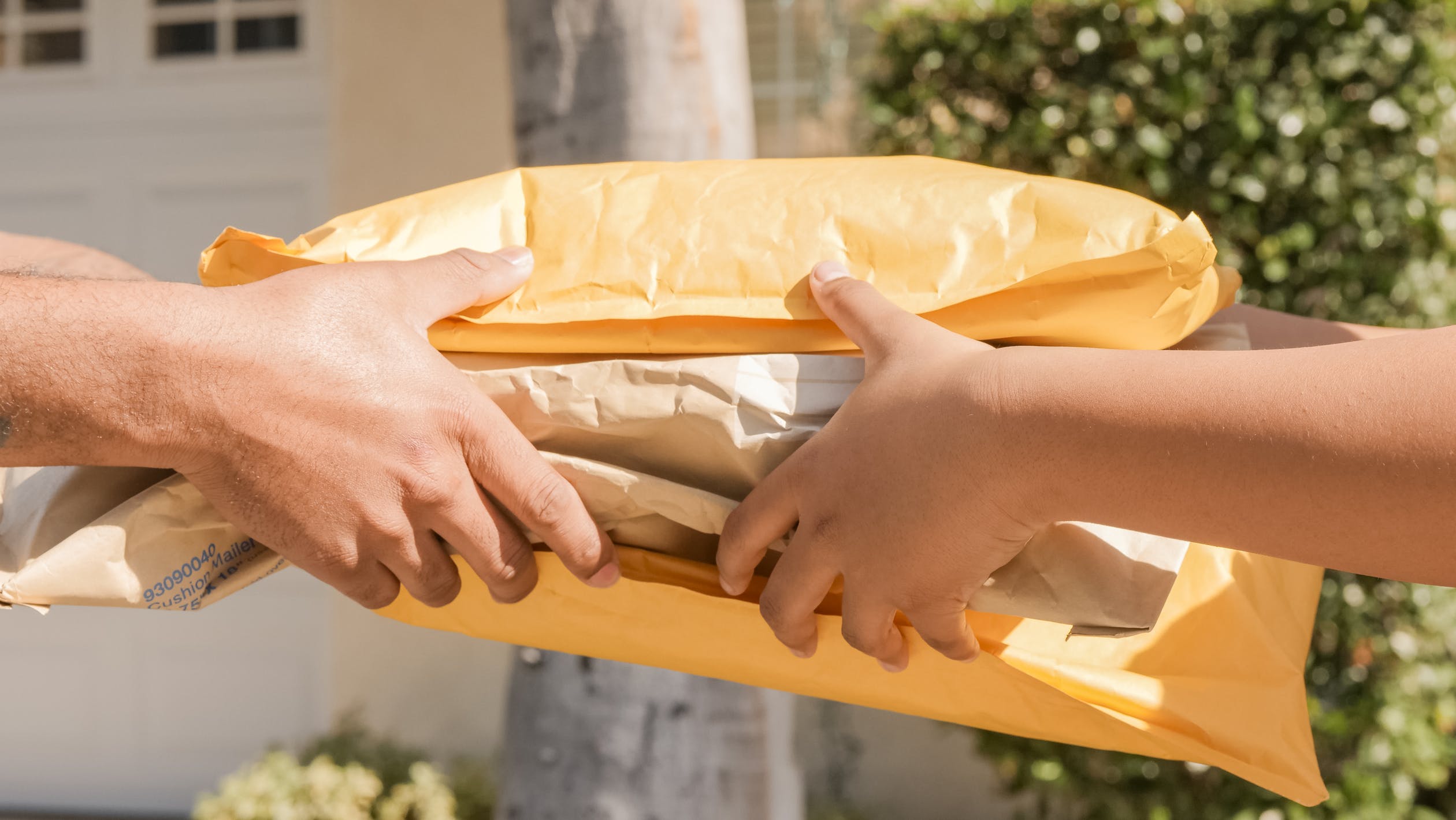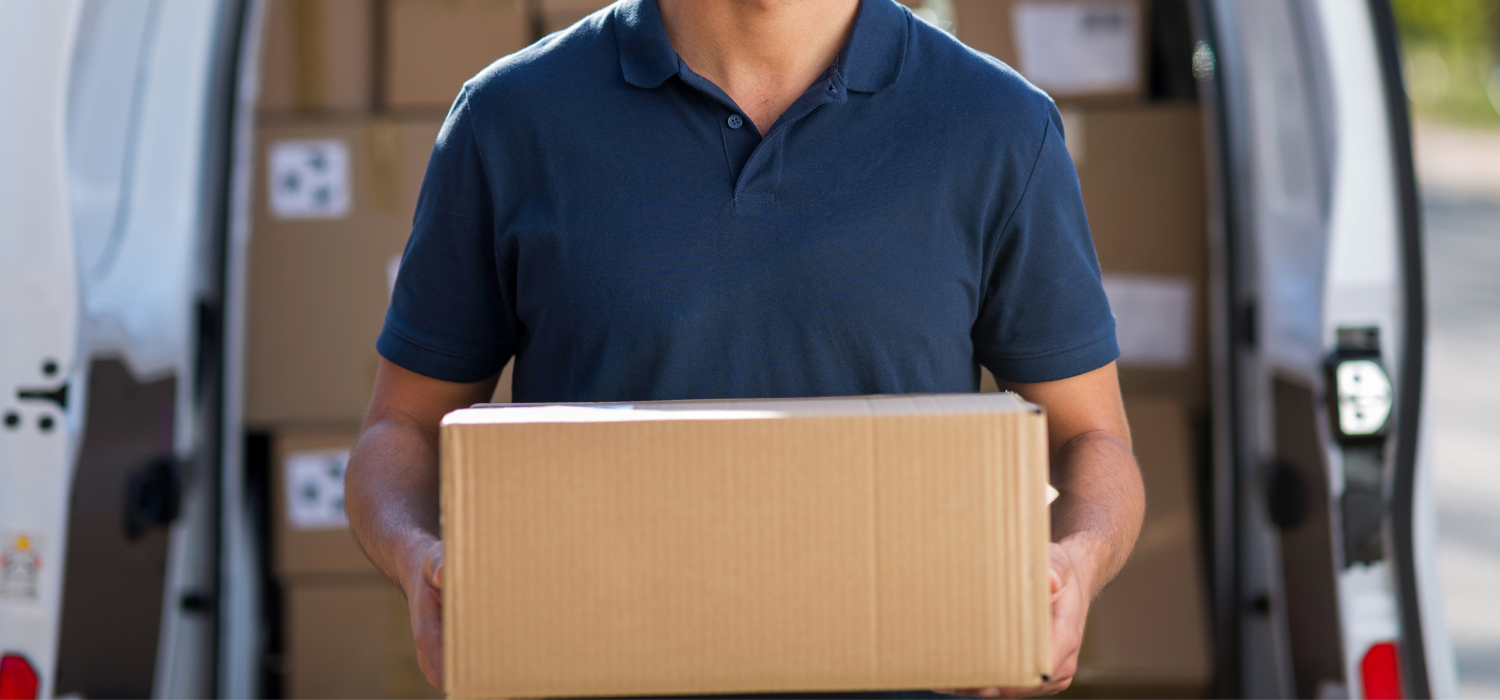The growth of the eCommerce phenomenon, as Valentina Pontiggia told us in her recent interview for this blog, shows no sign of stopping, so much so that in 2022 online purchases by Italians will grow by a further +14%, reaching 45.9 billion euro. Purchases that also translate into an increase in parcels and deliveries, so much so that according to data processed by Netcomm, the consortium of Italian digital commerce, an average of 31.5 million deliveries of products purchased online are made every month in Italy, 9% more than in 2021.
The boom of start-ups
In order to cope with this boom, more and more start-ups are therefore making room to respond to the growing demand for services related to last-mile distribution. As we have already reported in a previous article dedicated to some of the most innovative and promising start-ups in the field of last mile logistics, according to data from the Contract Logistics Observatory of the Politecnico di Milano, there are more than 500 companies registered worldwide in the field of logistics.
Out-of-home logistics services are growing
There is, however, a further aspect to be taken into consideration. In addition to the growing complexity for eCommerce logistics linked to the increase in online orders, an aspect that Massimo Marciani also mentioned in his interview, there is also a change in the needs of consumers who demand increasingly flexible delivery solutions. According to recent research by Netcomm, in fact, there is an upsurge in so-called ‘out of home’ deliveries, i.e. at pick-up points such as bars, tobacconists, newsagents, small traders or Locker, the lockers that are active 24/7 for the delivery, pick-up and return of goods, to the detriment of the more traditional ‘home delivery’.
“In the era of mass eCommerce,” explained Roberto Liscia, president of Netcomm, on the occasion of the sixth edition of Netcomm FOCUS Logistic & Packaging 2022, “the needs of buyers are more diversified and complex than they used to be, and concern many accessory services related to after-sales, such as customisation of delivery and return methods. Focusing only on the express courier that delivers the parcel is no longer enough: it is the entire logistics chain that must change, ensuring customised services for the customer. Data, software, technology are now a daily occurrence in B2C logistics and this is demonstrated by the new realities that are emerging on the market’.
And it is precisely in this scenario that GEL Proximity, today at the centre of attention of operators in the sector and consumers, is set.
GEL Proximity: customers and sustainability at the centre
GEL Proximity is the first platform that allows you to integrate your eCommerce channel with a network of more than 45,000 Lockers and Pick-up Points already active throughout the country, thus offering consumers the possibility to choose where and when to pick up their order or make a return, and thus designing a new check-out experience that is more sustainable and less impactful than traditional home delivery. In addition, the platform also includes some functionality specifically designed for Click & Collect. And that’s not all. In this way, the entire process is made more efficient, guaranteeing 100 per cent delivery at all times.
However, we are not the only company on the market that can offer interesting solutions for eCommerce logistics. In this in-depth look at some of the leading companies that are innovating in eCommerce logistics.
eCommerce logistics and innovation: here are some of the most promising realities
1. MLKDeliveries, delivery by appointment
Milkman/Mlk, also known as MLKDeliveries, is the company founded by Antonio Perini and Tommaso Baù and acquired for 70% by Poste Italiane in April 2020, thus becoming part of Poste’s last mile premium services. The objective of MLKDeliveries is to provide eCommerce operators with a service capable of guaranteeing their customers delivery with the highest possible level of customisation. In fact, customers can schedule the delivery of goods on the day and time that suits them best, even in the evening (until 11pm) or on Saturdays, and if necessary they can change their appointment with the courier via text message and at no additional cost. Flexibility and customisation are in fact two key trends for the future of last mile deliveries, as consumer needs become increasingly complex.
2. Voidless, the new generation of on-demand packaging
Voidless is an all-Italian reality whose partners are Polihub – Startup District & Incubator and 360 Capital and whose mission is to solve the problem of excess packaging in the eCommerce sector. Suffice it to say that according to data from The empty space economy, over 25% of the volume shipped is actually empty space. Thanks to artificial intelligence and the implementation of advanced production technologies, Voidless is therefore able to create bespoke, customised boxes for each order to be processed in the logistics warehouses. The benefits, for the environment and beyond, are obvious: material consumption is reduced (up to 40% less), loads and logistics costs are reduced, the problem of overpackaging is eliminated and customer companies save more than 30% on shipping costs.
3. Paack, the customised but sustainable delivery
Paack was born in Barcelona and then developed in Dubai by a team of international engineers with one goal: to help companies create incredible delivery experiences for their customers. Now present in more than 60 cities in five different countries (including Italy) for a total of over 20 million deliveries, Paack promises to increase online sales by offering customers scheduled deliveries at competitive prices. In fact, customers can choose the time slot in which to receive their orders on the same day, the next day or at the time they prefer according to their needs, with the possibility of also requesting immediate delivery, within two hours of purchasing the product online. A model made possible by an extensive network of local hubs and distribution branches strategically located throughout the territory, all without forgetting environmental sustainability. In fact, the environmental impact of deliveries is constantly monitored, thus reducing the carbon footprint and offsetting the emissions generated.
Of course, ours is not an exhaustive list. There are in fact several companies that are innovating in this area. Keep following the GEL Proximity blog, in future episodes we will delve into the topic again and discover more companies operating in this field.
To find out more about our services and how we can help you improve your eCommerce, click here, or contact us for more information now.












